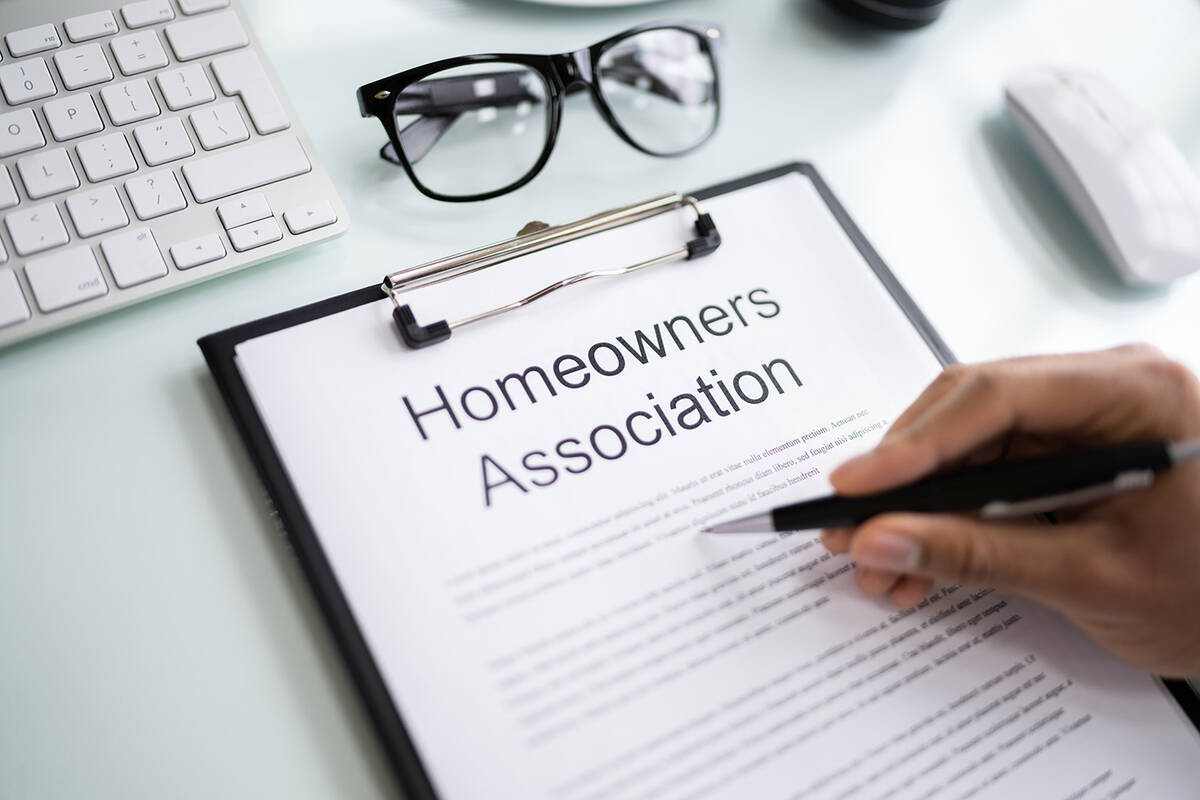Condo owner may be restricted with solar panels
Q: We have recently moved to a condominium community with eight condos per building. I would appreciate any insights you have regarding the use of solar panels on the roof of our building. As I read through the covenants, conditions and restrictions and the condo agreement, I cannot find anything specifically prohibiting or allowing me to have a set of panels installed above my individual condo. Do you know of any associations that have successfully installed solar panels on the condo units? Having had solar panels on my previous house it bugs me to no end not to be able to do something similar on our condo. Is there anything in the Nevada Revised Statutes that would prohibit a condo association from restricting the installation of solar panels. I recognize that such an installation would involve mounting the panels on the roof as well as having cables running into the unit. I would imagine that if we were to sell the condo the panels could stay or be removed (though why anyone would not want energy-saving devices is a mystery). I am trying to gather as much information as I can before making a pitch to the association, so if you are aware of condo owners who have been successful in installing solar panels or even a group of like-minded owners, or any other information, I would appreciate it very much.
A: Under NRS 116.2111 (1a), a unit owner may make any improvements or alterations to his or her unit that do not impair the structural integrity or mechanical systems or lessen the support of any portion of the common-interest community. The law continues by stating under (1b) the unit owner may not change the appearance of the common elements or the exterior appearance of the unit or any other portion of the common-interest community without permission of the association.
As you can see, there are two statutes pertaining to solar, NRS 111.239 and NRS 278.0208.
RS 111.239 Prohibition or restriction on use of systems for obtaining solar energy on property.
1. Any covenant, restriction or condition contained in a deed, contract or other legal instrument which affects the transfer or sale of, or any other interest in, real property and which prohibits or unreasonably restricts or has the effect of prohibiting or unreasonably restricting the owner of the property from using a system for obtaining solar energy on his or her property is void and unenforceable.
2. For the purposes of this section, the following shall be deemed to be unreasonable restrictions:
(a) The placing of a restriction or requirement on the use of a system for obtaining solar energy which decreases the efficiency or performance of the system by more than 10 percent of the amount that was originally specified for the system, as determined by the Director of the Office of Energy, and which does not allow for the use of an alternative system at a substantially comparable cost and with substantially comparable efficiency and performance.
(b) The prohibition of a system for obtaining solar energy that uses components painted with black solar glazing.
NRS 278.0208 Prohibition against prohibiting or unreasonably restricting use of system for obtaining solar energy.
1. A governing body shall not adopt an ordinance, regulation or plan or take any other action that prohibits or unreasonably restricts or has the effect of prohibiting or unreasonably restricting the owner of real property from using a system for obtaining solar energy on his or her property.
2. Any covenant, restriction or condition contained in a deed, contract or other legal instrument which affects the transfer or sale of, or any other interest in, real property and which prohibits or unreasonably restricts or has the effect of prohibiting or unreasonably restricting the owner of the property from using a system for obtaining solar energy on his or her property is void and unenforceable.
3. For the purposes of this section, the following shall be deemed to be unreasonable restrictions:
(a) The placing of a restriction or requirement on the use of a system for obtaining solar energy which decreases the efficiency or performance of the system by more than 10 percent of the amount that was originally specified for the system, as determined by the Director of the Office of Energy, and which does not allow for the use of an alternative system at a substantially comparable cost and with substantially comparable efficiency and performance.
(b) The prohibition of a system for obtaining solar energy that uses components painted with black solar glazing.
The issue for you is that you want to install solar on top of a condominium roof of a building consisting of eight units. You will need to review your governing documents and particular any architectural guidelines as the roof of the building may be classified as a limited common element. Since the roof is “shared” by seven other owners you may be restricted as to the installation of the solar panels.
Barbara Holland, CPM is an author, educator, expert witness on real estate issues pertaining to management and brokerage. Questions may be sent to holland744o@gmail.com.















